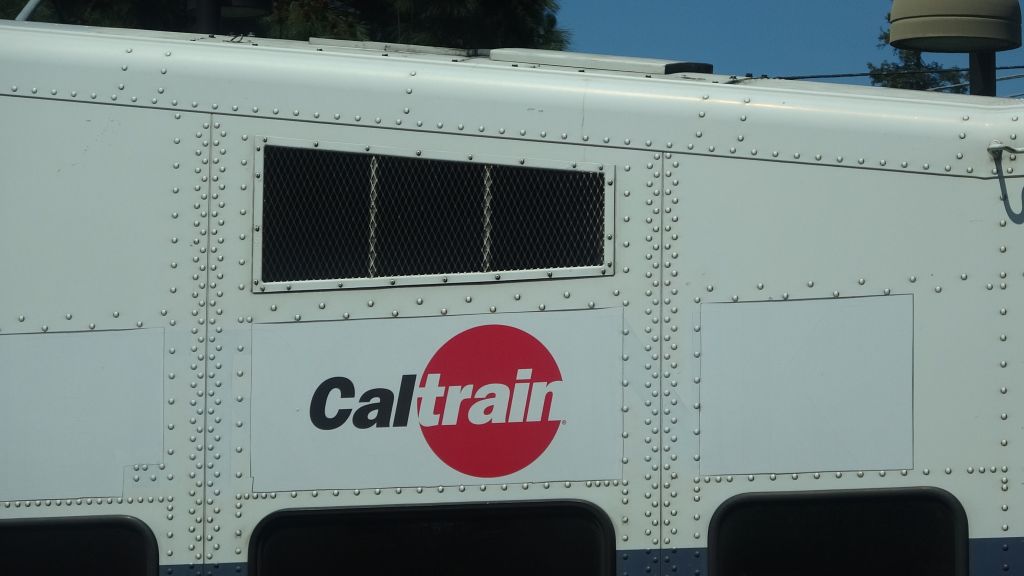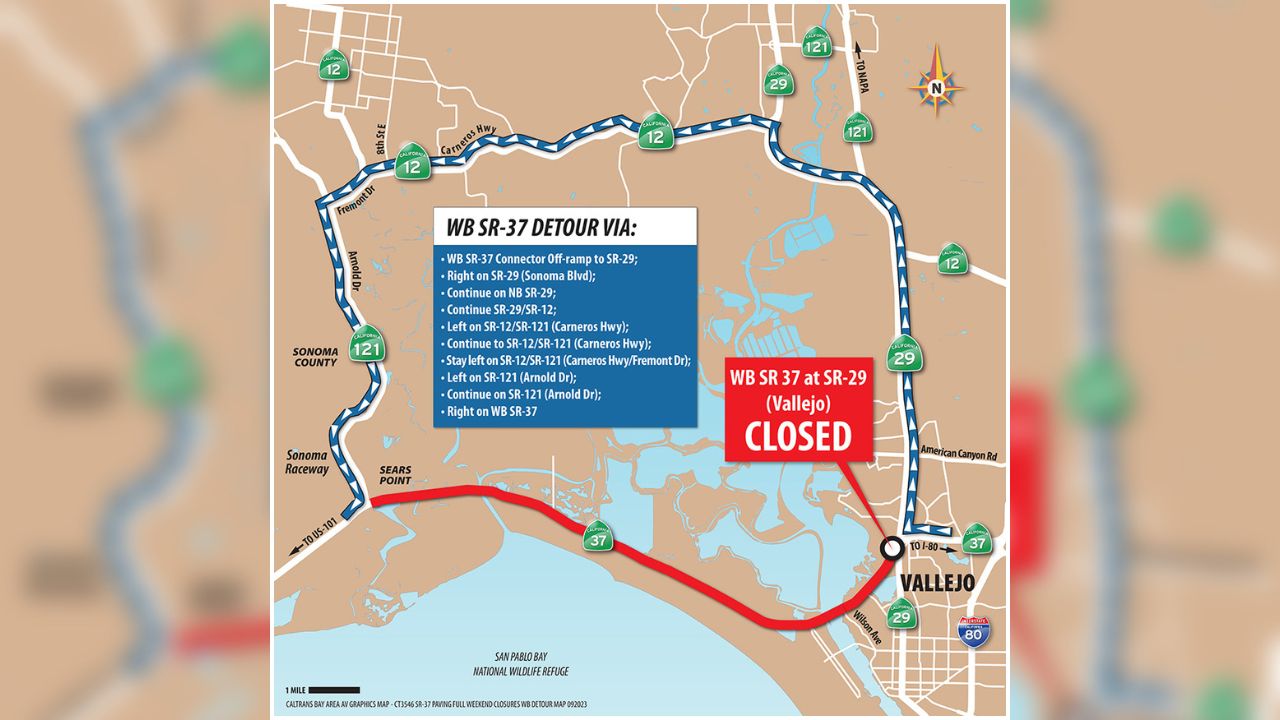Ghost Ship warehouse master tenant Derick Almena admitted under cross-examination on Wednesday that he didn't get permits for work he had performed at the building in Oakland's Fruitvale district that was the site of a 2016 fire that killed 36 people.
In his third day on the witness stand in his trial on 36 counts of involuntary manslaughter for the blaze during a music party at the warehouse in the 1300 block of 31st Avenue the night of Dec. 2, 2016, Almena, 49, said he didn't get permits for building stairs and installing a side door or for electrical and plumbing work.
Under cross-examination by Alameda County prosecutor Autrey James, Almena also admitted that the 10,000-square-foot building where up to 25 people lived didn't have an automated sprinkler system or fire alarm system and didn't have smoke detectors in its public spaces.
Asked by James if he had operational permits for assemblies such as the party at which the deadly fire occurred, Almena said, "I didn't know I had to (get one)."
Prosecutors allege they Almena and Ghost Ship warehouse creative director Max Harris, 29, who faces the same charges, are criminally responsible for the fire because the people at the music party didn't have the time or opportunity to escape the blaze since the warehouse didn't have important safeguards, such as fire sprinklers, smoke alarms and lighted exit signs.
Prosecutors also allege that Almena and Harris violated the terms of the building's lease, which only called for it to be used as a warehouse for an artists' collective by turning it into a living space and hosting underground music parties there.
But defense lawyers say authorities who visited the building on multiple occasions before the fire never told Almena, Harris and the other people who lived there that they thought it was unsafe or told them to make changes to bring it up to code.
Local
Defense lawyers also allege that the fire was an act of arson that the two men couldn't have prevented.
Prosecutors and defense attorneys sparred on Wednesday when James asked Almena a series of questions about whether the warehouse, which served as an artists' collective, was safe.
Almena testified under questioning by his attorney Tony Serra on Tuesday that he didn't allow debauchery or rave parties at the warehouse.
But James said a Jan. 3, 2015, police report indicates that Almena told officers that there had been a wild New Year's Eve party, which Almena didn't organize, at the warehouse a few days earlier in which condoms were left on the floor and his son put one of the condoms in his mouth.
Confronted by that report and a video of his statement to police, Almena said, "Did it happen? I hope not, it's horrible."
At a hearing outside of the presence of jurors, Serra said the New Year's Eve party isn't relevant to the case and doesn't have any probative value and accused James of engaging in "character assassination."
But James said the only reason he introduced the police report and video is that it contradicts Almena's testimony that he didn't allow debauchery or raves at the warehouse.
"It goes to his credibility," the prosecutor said. "If he says something that goes against the evidence, he should be confronted."
Alameda County Superior Court Judge Trina Thompson, who is presiding over the case, said she agrees that the evidence produced by James "does go to the honesty and veracity" of Almena and should be allowed.
However, Thompson agreed to review the entire video of Almena's statement to police about the New Year's Eve party so she sent jurors home at noon Wednesday so she and the attorneys in the case can look at the video and discuss it.
Almena will continue testifying when jurors return Thursday morning.



